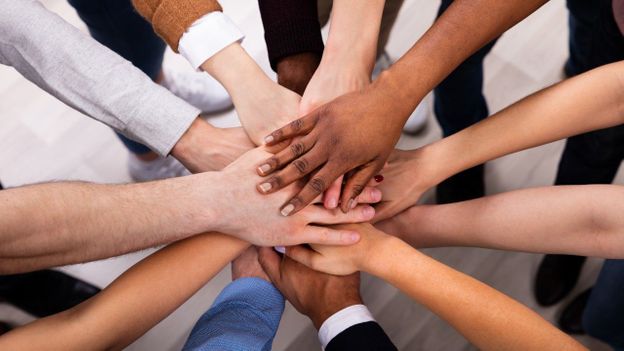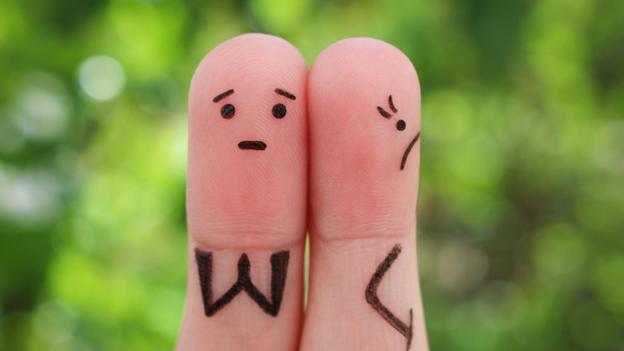Do: Try to up your optimism
Instead, try to adopt an optimistic view of the future. That doesn’t necessarily mean assuming only good things will happen (a recipe for near-certain disappointment), but that, whatever does happen, you’ll be OK.
You can start fostering optimism by altering your self-talk, says Cochran. “If we’re constantly saying to ourselves, ‘Ugh, this is awful, I don’t know how I’ll get through this, everything I know and cherish is over’, that’s what we’ll have. If you talk to yourself like, ‘OK, I don’t know how this will go, but one way or another I’ll find a way through’, you can manifest a positive mentality.”
And positivity begets resilience. The role of optimism in developing a resiliency mindset is dramatic, says Capanna-Hodge. “We know through research that if you’re a person who views things positively, you have a lower rate of anxiety and depression, and a greater sense of control.”
Don’t: Try to reason away uncertainty
If you recognise that you’re having a hard time dealing with uncertain circumstances, it’s natural to try to reason away your discomfort by seeking more information. If you’re anxious about the emerging “second wave” of Covid-19, for instance, you might try to reason away those fears by looking at case numbers and statistics.
But avoid the temptation – not only because you could wind up in a hole that makes everything worse, but also since reasoning away your fears isn’t a sustainable solution, even if you might get a temporary jolt of calm.
“Someone who’s been anxious about the election might’ve been constantly looking at polls to try to feel like, ‘OK, this is going to work out,’” says Jacoby. Unfortunately, the strategy “tends to backfire. The problem is that trying to reason it away will only work temporarily, if at all, because there’s still a lingering ‘what if’”.
Do: Embrace the unknown
The best way to handle uncertainty is to try to get comfortable with it. Consider it exposure therapy: the more you’re able to “sit with it, rather than trying to fix it”, says Jacoby, “the more you learn you can handle it”.
And you do have to handle it – we all do – because things don’t seem to be getting any less ambiguous, anytime soon. “The only certainty in the universe is change,” says Cochran. “To fight it is unproductive and destructive. If there’s a big windstorm, trees that bend and flex survive. The trees that don’t bend crack and fall down and die. Human beings are the same.”
Things may seem out of control – and in the grand scheme of things, maybe they are. But that doesn’t mean you can’t regain command of your own life.
“We can’t control politics. We can’t control the weather,” says Capanna-Hodge. “We can’t control traffic. The pandemic is continuing, and we can’t control that, either. But we can control the thoughts we have, who’s in our life and what we hear and see. We do have a lot of control, and we need to start focusing on that.”













